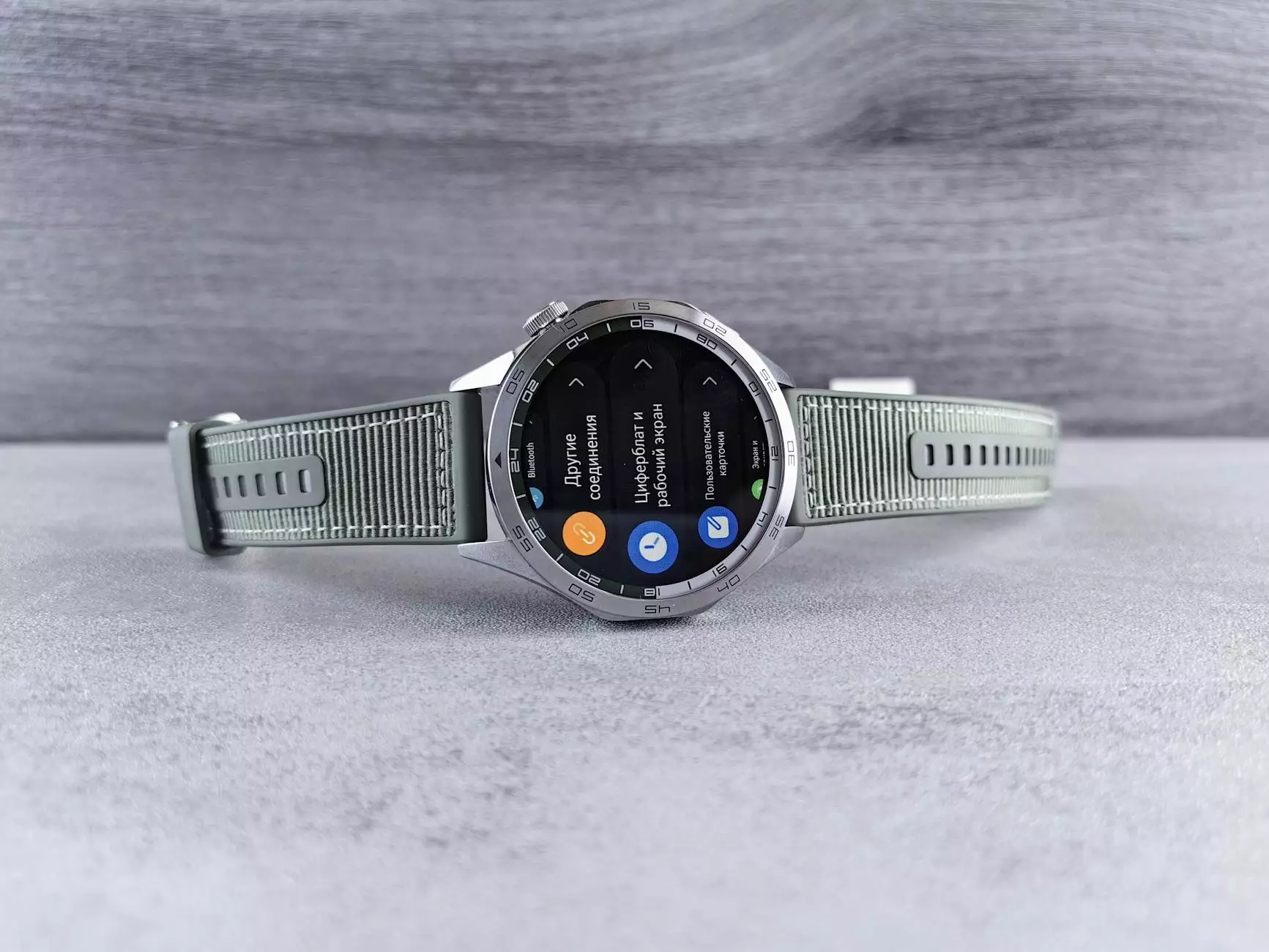Understanding Videographer Cost: A Comprehensive Guide

In today’s digital age, video content has become an essential tool for businesses looking to enhance their online presence. Whether it’s for corporate events, promotional content, or social media campaigns, hiring a professional videographer can significantly impact the quality and effectiveness of your video projects. However, understanding the various factors that contribute to videographer cost can be overwhelming. In this article, we’ll delve deep into what influences the cost of hiring a videographer and how to ensure you’re making a worthwhile investment for your business.
What is a Videographer?
A videographer is a professional who specializes in capturing video footage, editing it, and producing finished video content. They play a crucial role in various projects, including:
- Corporate Videos: Training videos, promotional materials, and internal communications.
- Events: Weddings, parties, corporate events, and conferences.
- Marketing: Commercials, social media content, and brand storytelling.
- Documentary: Informative video projects that explore various topics.
Factors Influencing Videographer Cost
The cost of hiring a videographer can vary greatly based on numerous factors. Understanding these can help you gauge what to expect when budgeting for your video project.
1. Experience and Expertise
One of the most significant influences on videographer cost is the experience level of the professional. More experienced videographers tend to charge higher rates due to their proven skills, creative vision, and the quality of their work. Here’s a quick breakdown:
- Novice: Typically charging less; may lack advanced skills.
- Intermediate: More experience, better quality; average rates.
- Expert: High demand; premium pricing due to quality and reputation.
2. Project Complexity
The complexity of your project can drastically influence videographer cost. Some projects may require advanced equipment, elaborate lighting setups, or extensive post-production work.
- Simple Projects: Basic video shoots such as interviews or testimonials, which are generally less costly.
- Medium Projects: Events with some complexity, requiring multiple angles and basic editing.
- Complex Projects: Full-scale productions, including scriptwriting, storyboarding, multiple locations, and extensive editing.
3. Equipment and Technology
High-quality videos require professional-grade equipment. Videographers often invest thousands of dollars in cameras, lenses, lighting, and audio equipment. The cost of hiring a videographer may reflect the quality and sophistication of their tools.
4. Duration of Service
The length of time the videographer is needed significantly impacts overall cost. Videographers may charge by the hour or by the day, depending on the project requirements. Factors to consider include:
- Hourly Rate: Typically used for shorter projects or events.
- Full-Day Rate: Best for longer shoots requiring a full day's commitment.
5. Travel Expenses
If your project location is outside the videographer's local area, travel expenses may be added to the final cost. This includes transportation, accommodation, and meals, which can significantly increase the overall budget, especially for destination shoots.
Average Videographer Cost Range
While costs can vary widely, understanding average price ranges can help you plan your budget. Here are some general guidelines based on project types:
- Basic Event Videography: $500 - $1,500
- Corporate Videos: $1,000 - $5,000
- Promotional Videos: $2,000 - $10,000
- Documentary or High-End Projects: $5,000 - $30,000+
How to Choose the Right Videographer
Finding the perfect videographer for your project involves doing some research. Here are several steps to follow:
1. Determine Your Needs
Assess what type of video you want to create and your project scope. Do you need a simple recording, or are you looking for a creative partner to help shape your vision?
2. Set Your Budget
Be clear about your budget from the outset. Knowing what you’re willing to spend can help you narrow down your options more effectively.
3. Research and Review
Look for videographers in your area and review their portfolios. Pay close attention to the style of their work, ensuring it aligns with your vision. Reading reviews and testimonials can also provide insights into their reputation and reliability.
4. Ask for Quotes
Contact potential candidates to discuss your project and request quotes. Be transparent about your budget and needs to receive accurate estimates. Comparing costs will allow you to find the best fit within your budget.
5. Schedule a Consultation
If possible, arrange a meeting with your top choices. This allows you to discuss your vision in detail and evaluate their understanding and enthusiasm for your project.
Negotiating the Best Price
If you have a preferred videographer but find their rates slightly above your budget, consider negotiating. Here are some tips to help you:
- Discuss Your Budget: Being upfront about your budget may lead to a custom package tailored to your needs.
- Flexible Scheduling: Offering flexibility on shoot dates can reduce costs, especially if the videographer's schedule is open.
- Value Propositions: If you plan multiple projects (like a website launch video and an event recap), see if they can offer a package discount.
Conclusion
Ultimately, understanding videographer costs involves looking beyond just the price tag. It's about evaluating the value a skilled videographer can bring to your project. By considering experience, project complexity, equipment quality, and other factors outlined in this article, you can make an informed decision that aligns with your business goals. Investing in professional videography can elevate your brand’s storytelling, making your message resonate more deeply with your audience.
For top-notch video production services, consider reaching out to Esteban Castle. Explore our offerings in Video/Film Production to create engaging and high-quality video content that tells your story.









